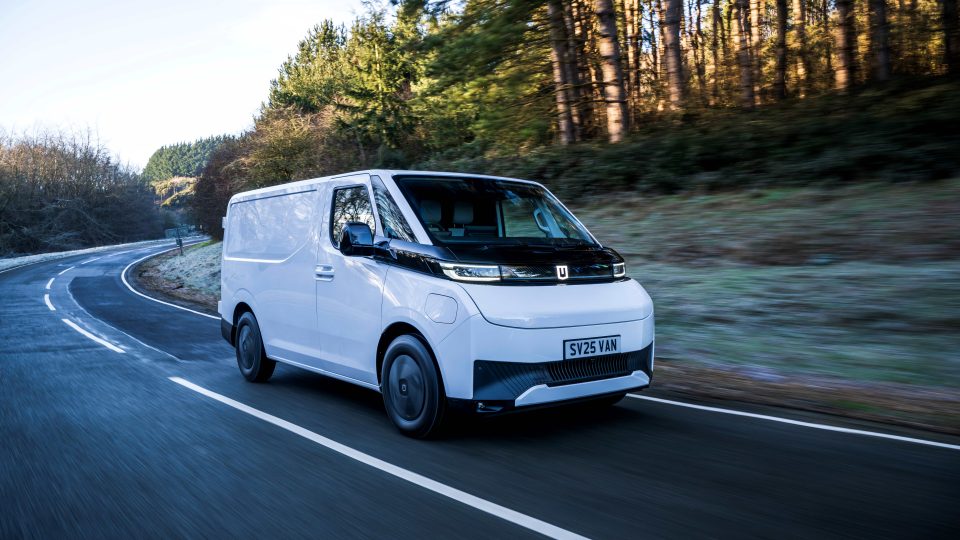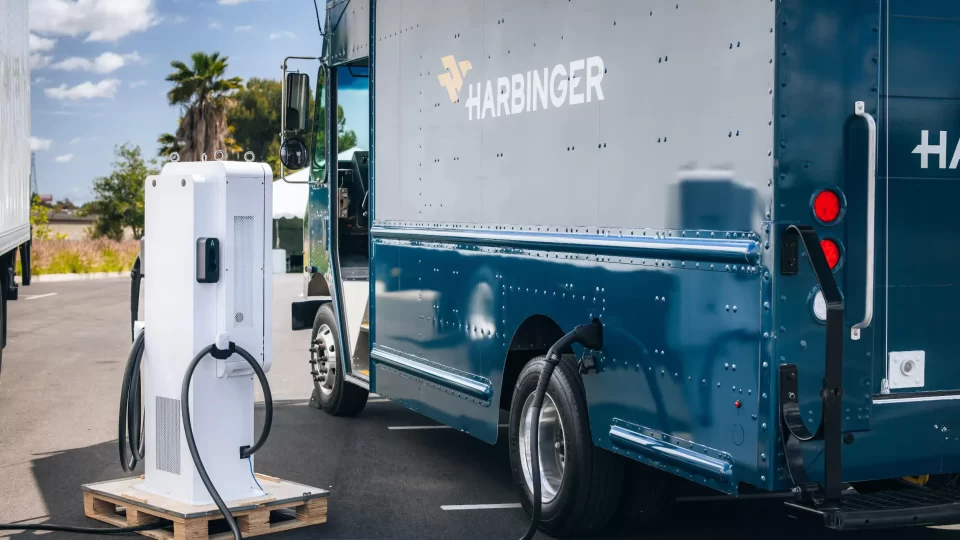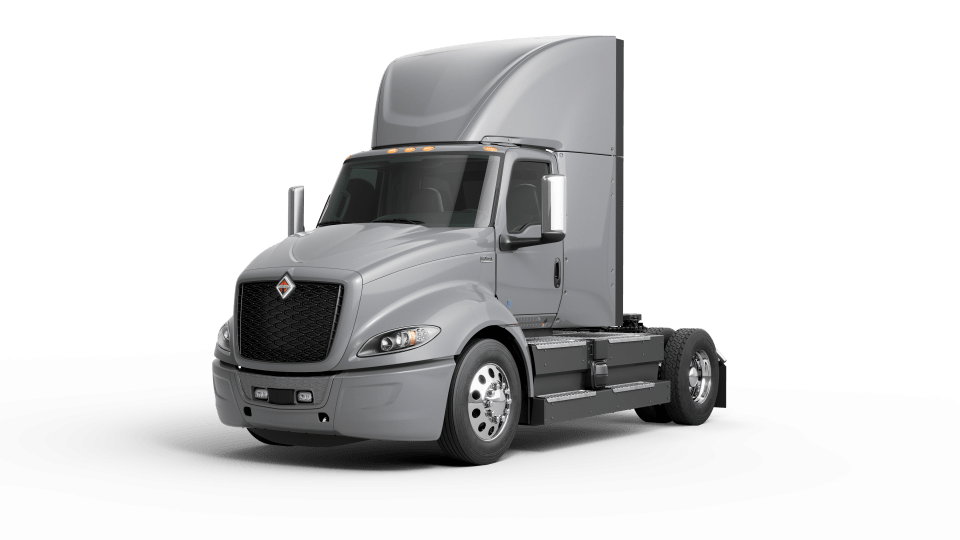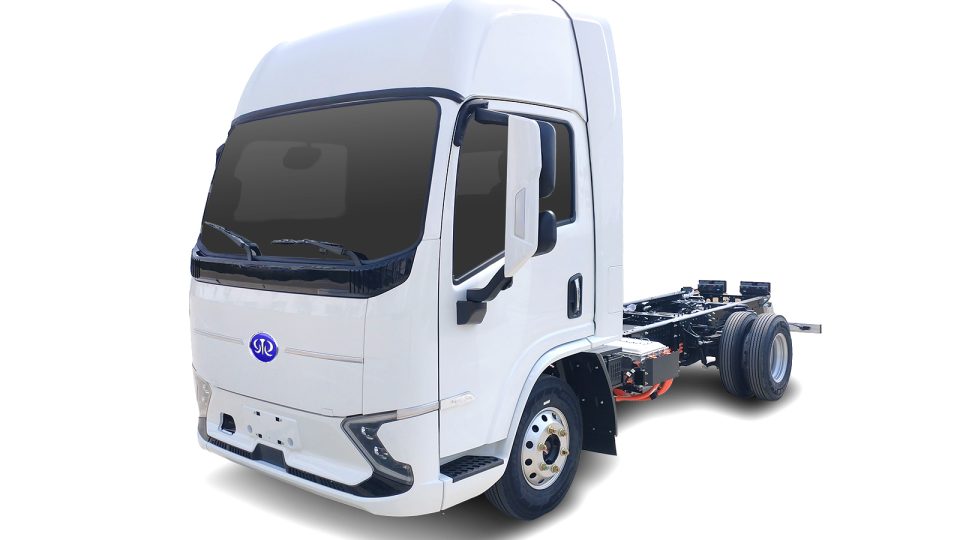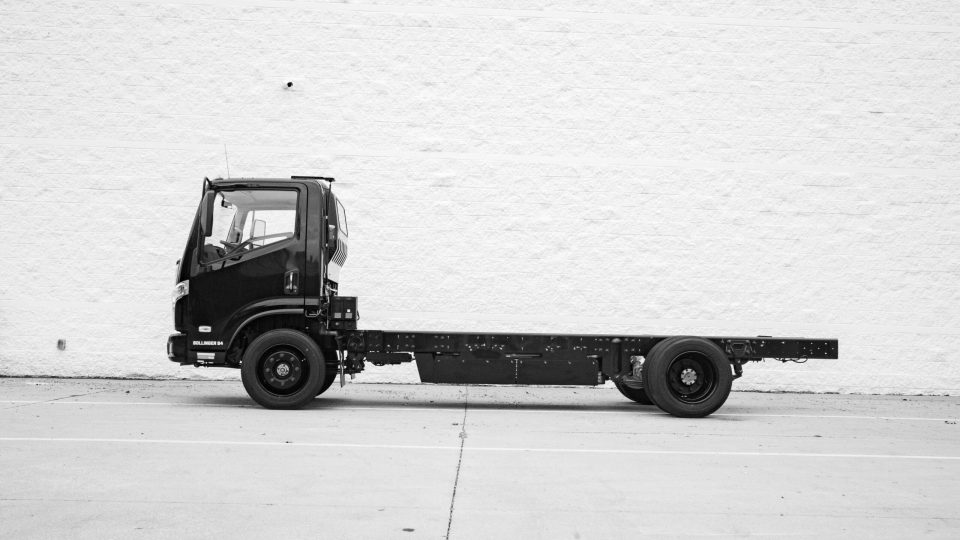MAN eTruck, over 500 order requests received in view of series production in 2024
Compared to the conventionally powered truck, the electric truck naturally differs through completely different components such as electric battery and motor as well as high-voltage components and wiring. This makes the joint production of conventional and battery-electric vehicles on one production line comparatively complex.
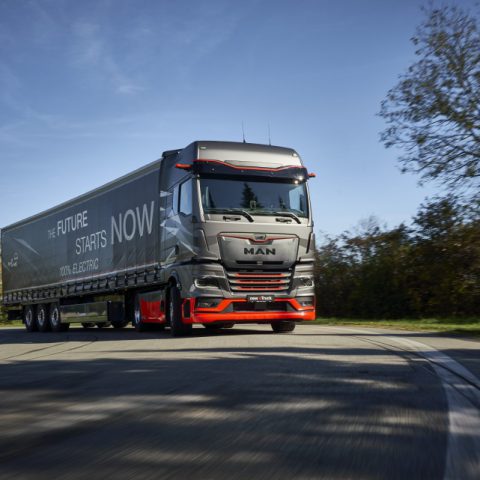
MAN eTruck, the very first electric truck made by the Lion’s manufacturer, will be serially produced in Munich from 2024 onwards. Already now, about four months before the official sales launch, according to MAN Truck & Bus there are more than 500 order requests for the electric lion suitable for long-distance transport.
“In order for the transformation from combustion engine to electric truck to succeed sustainably in large industrial quantities, we must also rethink production. In particular, the phase in which our customers are already demanding electric trucks in larger quantities but still need diesel trucks for certain routes requires innovative and efficient networking of product development and production planning. The integrative concept of the eMobility Center helps us enormously in this,” declared Michael Kobriger, Executive Board Member for Production at MAN Truck & Bus.
The new MAN eTruck, compared to traditional ICE vehicles
Compared to the conventionally powered truck, the electric truck naturally differs through completely different components such as electric battery and motor as well as high-voltage components and wiring. This makes the joint production of conventional and battery-electric vehicles on one production line comparatively complex.
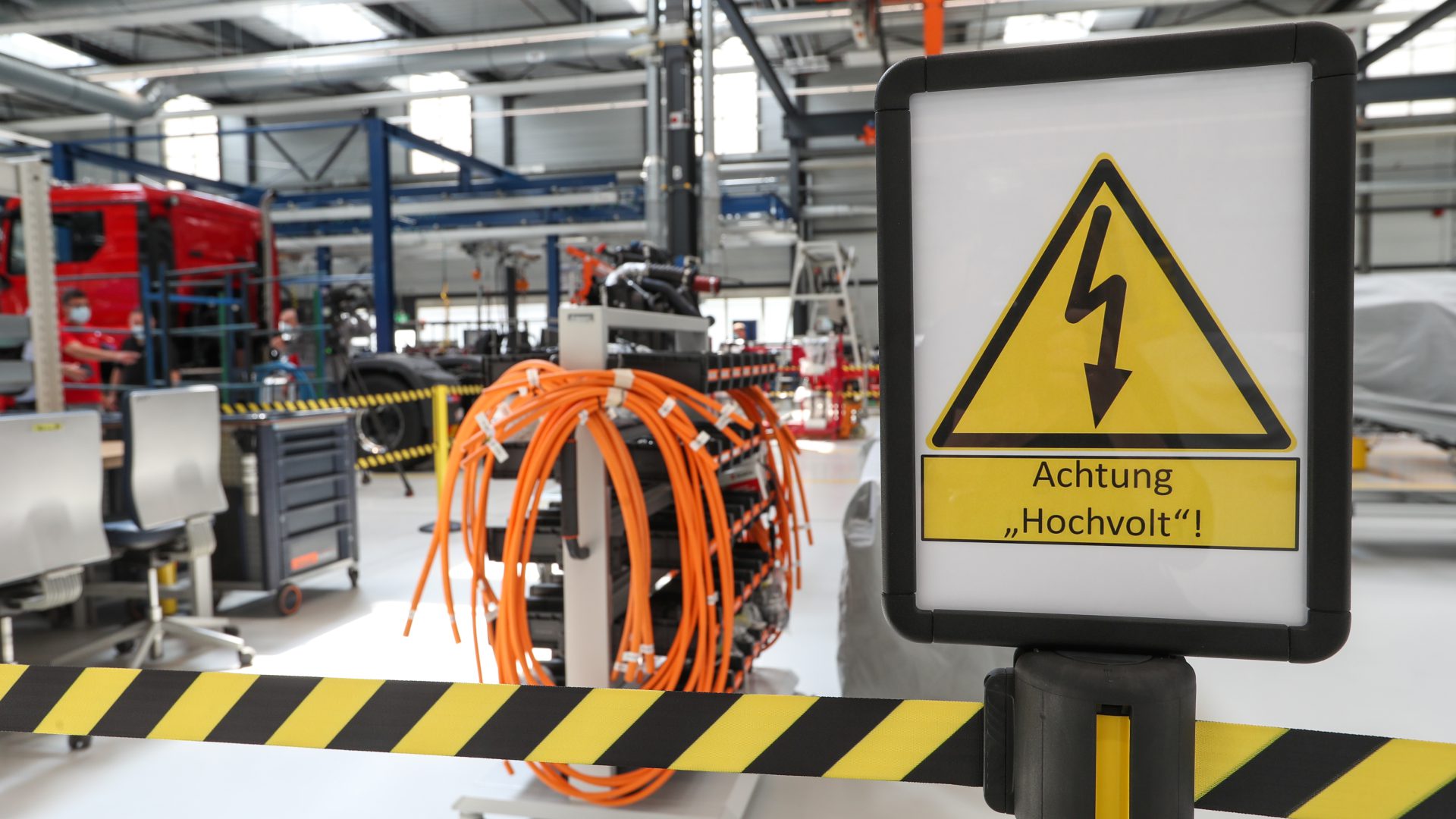
The variable installation of batteries and electric motor on the one hand or internal combustion engine powertrain on the other will in future be made possible by modular components that can be used uniformly, especially in the chassis and wiring. The great advantage of this mixed production: The respective share of electric vehicles and diesel trucks in the total production can be flexibly adapted to the actual market development.
As a matter of fact, the company has already trained 2,600 employees in the safe handling of high-voltage technology and new electric components in more than 17,000 training hours at the eMobility Centre created specifically for this purpose.





